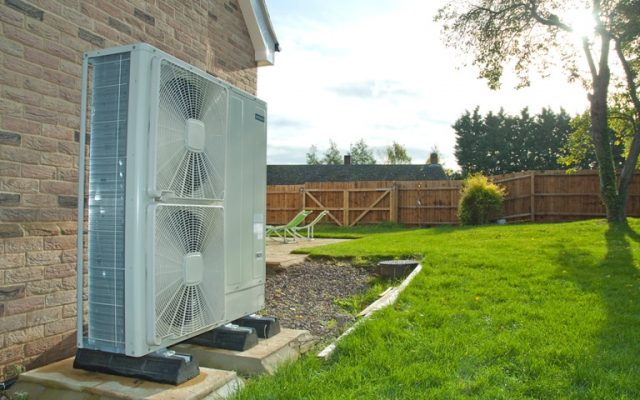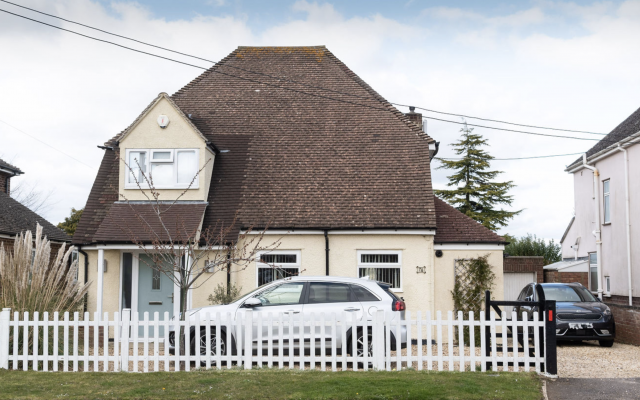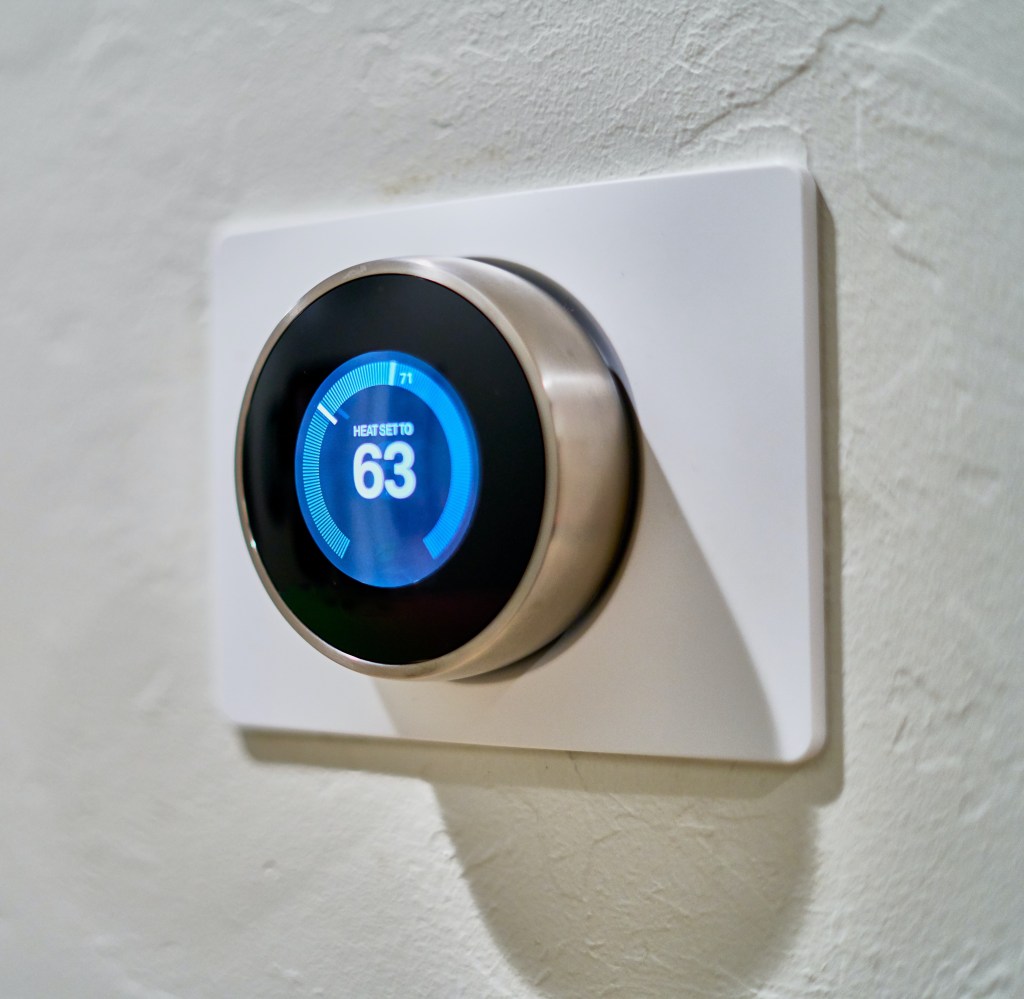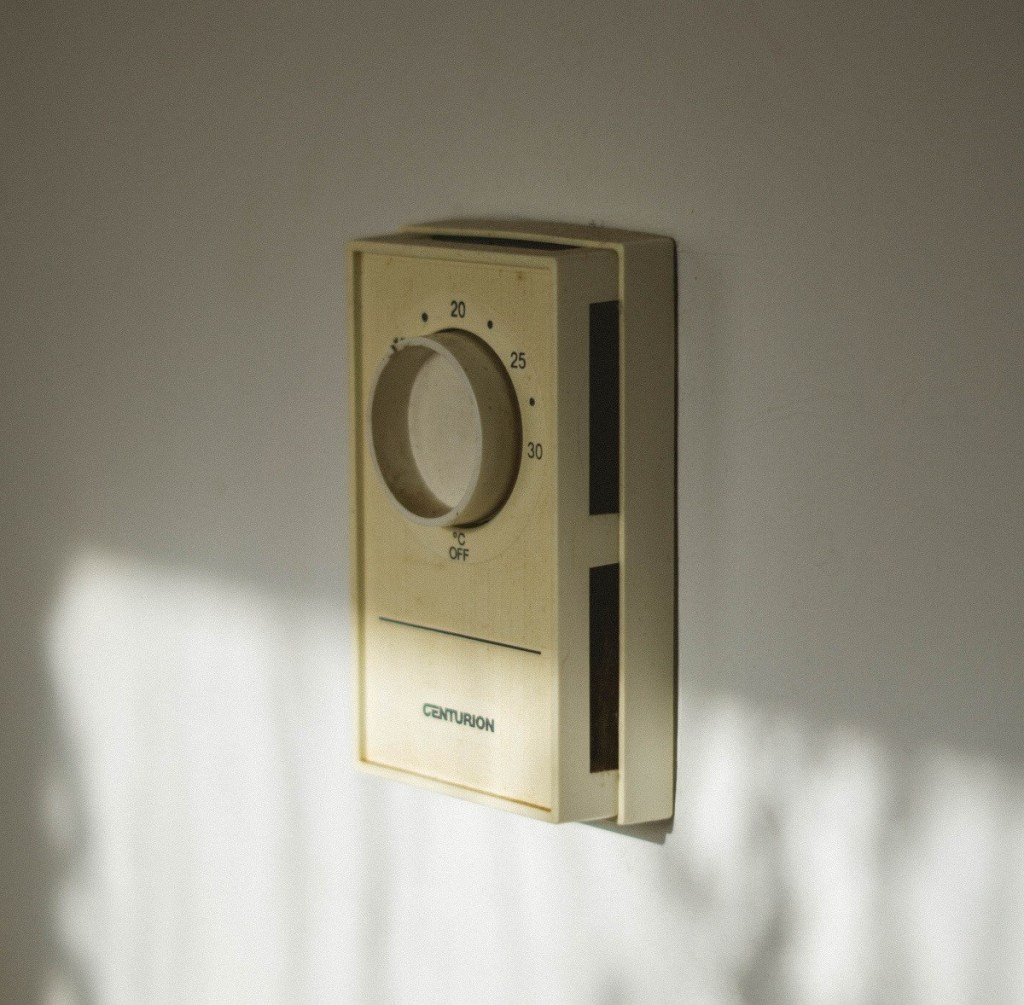A guide to installing heating controls
In this series of retrofit measures blogs, we’ll be explaining different retrofit measures which can improve the energy efficiency of homes – reducing energy usage to cut energy bills and carbon emissions, and improve the comfort of your home.
We’ll include information on how the measure works, what types of homes it may be right for, what installation looks like, and more. In this post we’re looking at double and triple glazing your windows.
Want us to cover a particular measure? Drop us an email to info@cosyhomeoxfordshire.org and we’ll see what we can do.
What are heating controls?
Heating represents around 55% of the total annual spend on energy within a home. Making sure you have a suitable heating system – an efficient boiler or heat pump (air source or ground source) – is key, but so is ensuring that you have control of that heating system. Making sure you have the right heating controls will help ensure your home is kept at a comfortable temperature all year round, without using excess fuel to heat your home.

How do heating controls work?
If you have a central heating system, as most homes in the UK do, then you should ideally have the following heating controls in your home:
- Boiler thermostat: sets the temperature of the water that is pumped from the boiler through the radiators.
- Timer or programmer: allows you to automatically switch your heating off when it isn’t needed, for instance overnight.
- Room thermostat: allow the heating to be turned on in a specific room up to the temperature you have set, so that a room does not get warmer than needed.
- Thermostatic radiatior valves (TRVs): reduce the flow of water through the radiator they are fitted to when the temperature goes above its setting.
With these controls you can have a much more active role in your energy usage, scheduling your heating and hot water to go on and off as needed. You should also be able to heat different areas of your homes in different ways, instead of heating the entire home at one temperature.
These controls can be installed or upgraded even if you aren’t planning on replacing your boiler, and can be a simple and cost-effective way to make a big difference on your energy bills and carbon footprint.
What types of home do heating controls suit?

Improving heating controls is important for any home. However, it will have the biggest impact on homes which currently do not have one (or more) of these controls installed or where the controls have been in the home for a long time – as controls like thermostats are much more accurate today.
What are the expected costs and savings?
The Energy Savings Trust estimates that you can save £60 on your energy bills per year and reduce the carbon emissions from your home by 310kg per year by installing and using a programme, room thermostat, and thermostatic radiatior valves.
We all have different temperatures that we’re comfortable in, but bear in mind that reducing your thermostat by just 1 degree can also save you £75 and 320kg of carbon emissions each year.
Read next…

Cosy Homes Oxfordshire features in The Sunday Times
You might have seen our scheme featured alongside some of our clients in ‘The Ultimate Guide To Insulation’ in The Sunday Times on the 15th of January, and also available online. Thank you to everyone who participated in the piece, including our
A guide to double and triple glazing your windows
In this series of retrofit measures blogs, we’ll be explaining different retrofit measures which can improve the energy efficiency of homes – reducing energy usage to cut energy bills and carbon emissions, and improve the comfort of your home.
A guide to Air Source Heat Pumps
In this series of ‘understanding retrofit measures’ blogs, we’ll be explaining different retrofit measures which can improve the energy efficiency of homes – reducing energy usage to cut energy bills and carbon emissions, and improve
Why we take a whole house approach to home retrofit
Taking a whole house approach is one of the key factors in ensuring that home retrofit is as effective as possible at reducing the carbon footprint of a property. Whole house retrofit means taking a property to near net-zero energy demand. This likely



